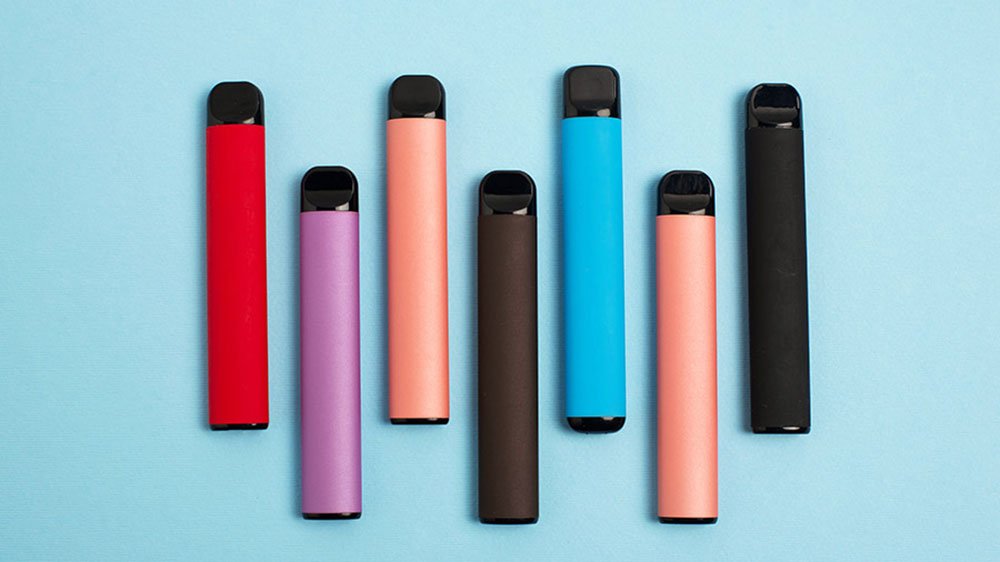
Market Specialization: The Indonesian e-cigarette market has unique characteristics, particularly a focus on open systems. Disposable e-cigarettes are more commonly used in night markets and cater to a relatively small consumer base of around 500-800 users.
Challenges for Disposables: Disposable e-cigarettes face challenges in the Indonesian market due to specific consumer preferences and economic factors. Disposable products are perceived as expensive, and consumers generally opt for oil refills due to their cost-effectiveness.
Market Distribution and Brands: The disposable e-cigarette market in Indonesia is relatively limited, with only a few brands actively selling disposable products. Notably, local brand preference, consumer affordability, and specific market attributes contribute to this trend.
Brand Penetration: Among the available brands, the market distribution shows that big names like HQD and ELFbar have gained some traction, especially in tourist destinations where disposable products are preferred by international visitors.
Geographical Market Division: The Indonesian e-cigarette market is divided into four main regions: Jakarta, Bandung, Surabaya, and Yogyakarta. Jakarta, Bandung, and Surabaya exhibit more active market dynamics.
Market Trends: The Indonesian market largely favors open systems, including refillable products. One-time disposable products haven’t seen extensive adoption due to cost considerations and local vaping culture.
E-Liquid Landscape: Local e-liquid production is well-established in Indonesia, with hundreds of e-liquid factories and a wide range of flavors available. Local e-liquid is preferred due to favorable taxation policies, with the government supporting local e-liquid manufacturers.
Import and Policy Landscape: The e-cigarette industry in Indonesia is regulated and follows import and taxation guidelines. E-cigarettes are subject to a 57% tariff, and there are specific requirements for import approval, certification, and labeling.
Manufacturing in Indonesia: Indonesia\’s favorable policies, low tariffs, and strategic location have attracted Chinese manufacturers. Several cities, including Batam, Surabaya, Jakarta, and Tangerang, host e-cigarette manufacturing facilities.
Market Potential: Indonesia\’s e-cigarette market has significant potential due to its large population, a significant number of smokers, and a growing number of e-cigarette users. The market is heavily skewed toward young and middle-aged consumers, indicating the potential for further growth.
Market Outlook: The disposable e-cigarette market is currently a niche in Indonesia due to specific market dynamics, consumer preferences, and economic factors. Open systems and local e-liquid consumption dominate the market, with disposable e-cigarettes facing challenges related to affordability and consumer habits.








